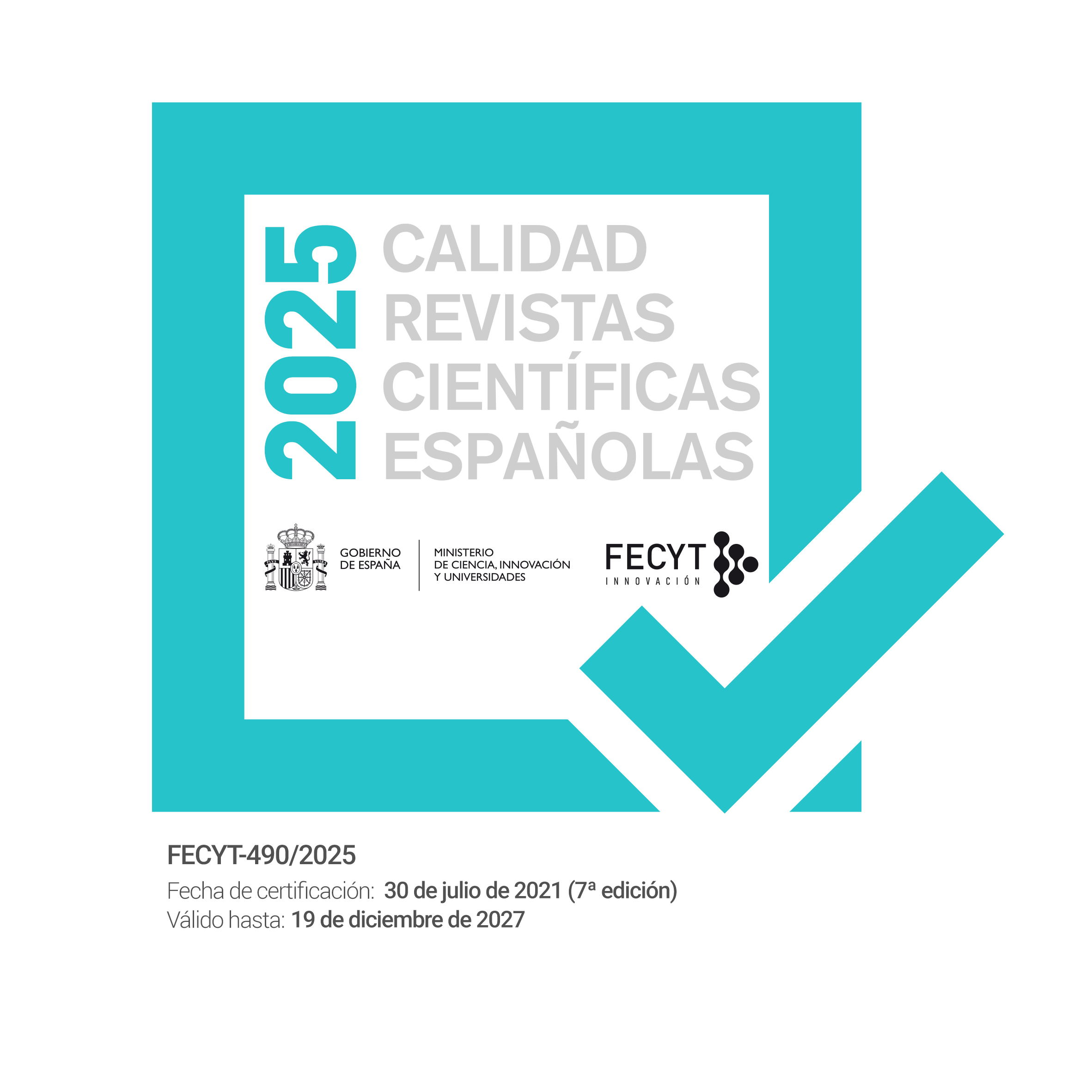An Event Mesh for Event Driven IoT Applications.
DOI:
https://doi.org/10.9781/ijimai.2022.09.003Keywords:
Cloud Computing, CloudEvents, Edge Computing, Fog Computing, Events, Internet of thingsAbstract
In IoT contexts, software solutions are required to have components located in different environments: mobile, edge, fog or cloud. To design this type of application, event driven architecture (EDA) is used to develop distributed, scalable, decoupled, desynchronized and real-time components. The interconnection between the different components is done through event brokers that allow communication based on messages (events). Although the design of the components is independent of the environment in which they are deployed, this environment can determine the infrastructure to be used, for example the event brokers, so it is common to have to make modifications to the applications to adapt them to these environments, which complicates their design and maintenance. It is therefore necessary to have an event mesh that allows the connection between event brokers to simplify the development of applications. This paper presents the SCIFI-II system, an event mesh that allows the distribution of events between event brokers. Its use will allow the design of components decoupling them from the event brokers, which will facilitate their deployment in any environment.
Downloads
References
J. He, J. Wei, K. Chen, Z. Tang, Y. Zhou and Y. Zhang, “Multitier Fog Computing With Large-Scale IoT Data Analytics for Smart Cities,” IEEE Internet of Things Journal, vol. 5, no. 2, pp. 677-686, 2018.
Y. Sahni, J. Cao, S. Zhang and L. Yang, “Edge Mesh: A New Paradigm to Enable Distributed Intelligence in Internet of Things,” IEEE Access, vol. 5, pp. 16441-16458, 2017.
M. Rescati, M. De Matteis, M. Paganoni, D. Pau, R. Schettini and A. Baschirotto, “Event-driven cooperative-based Internet-of-Things (IoT) system,” 2018 International Conference on IC Design Technology (ICICDT), pp. 193-196, 2018.
P. Bellini, D. Nesi, P. Nesi and M. Soderi, “Federation of Smart City Services via APIs,” 2020 IEEE International Conference on Smart Computing (SMARTCOMP), pp. 356-361.
Knative, “Knative Eventing,”. Accessed: Mar. 06, 2022. [Online]. Available: https://knative.dev/docs/eventing/
“Cloudevents” Accessed Mar. 06 03 2022 [Online]. Available: https://cloudevents.io.
Solace, “Solace PubSub+”. Accessed Mar. 06 03 2022 [Online]. Available: https://solace.com/
“Argo Events”. Accessed Mar. 06 03 2022 [Online]. Available: https://argoproj.github.io/argo-events
serverless.com, “Serverless.com - Event Gateway”. Accessed Mar. 06 03 2022 [Online]. Available: https://github.com/serverless/event-gateway
Microsoft Azure, “Azure Event Grid”. Accessed Mar. 06 03 2022 [Online]. Available: https://azure.microsoft.com/en-in/services/event-grid
Amazon Web Services, “Amazon EventBridge”. Accessed Mar. 06 03 2022 [Online]. Available: https://aws.amazon.com/eventbridge
Oracle Corp., “Oracle Cloud Events Service”. Accessed Mar. 06 03 2022 [Online]. Available: https://www.oracle.com/cloud-native/eventsservice
B. Mishra and A. Kertesz, “The Use of MQTT in M2M and IoT Systems: A Survey,” IEEE Access, vol. 8, pp. 201071-201086, 2020.
A. Capponi, C. Fiandrino, B. Kantarci, L. Foschini, D. Kliazovich and P. Bouvry, “A Survey on Mobile Crowdsensing Systems: Challenges, Solutions, and Opportunities,” IEEE Communications Surveys Tutorials, vol. 21, no. 3, pp. 2419-2465, 2019.
Downloads
Published
-
Abstract197
-
PDF48









